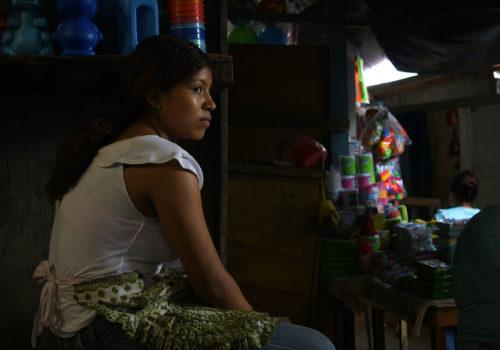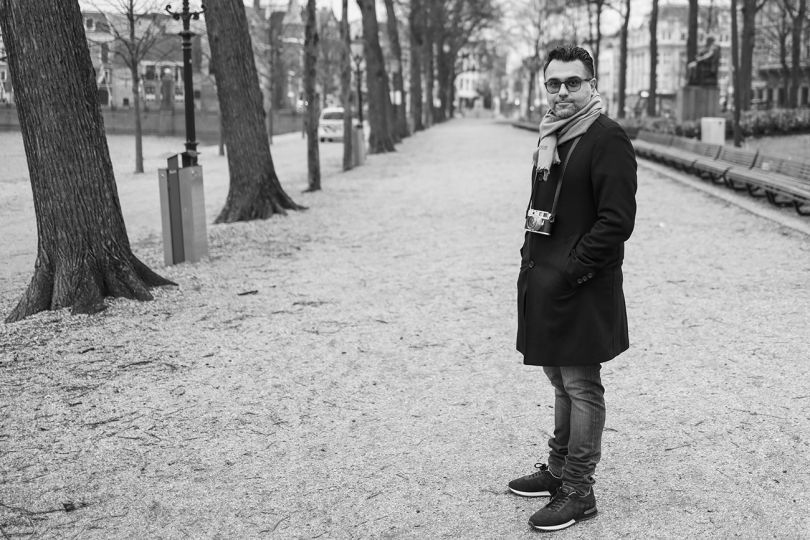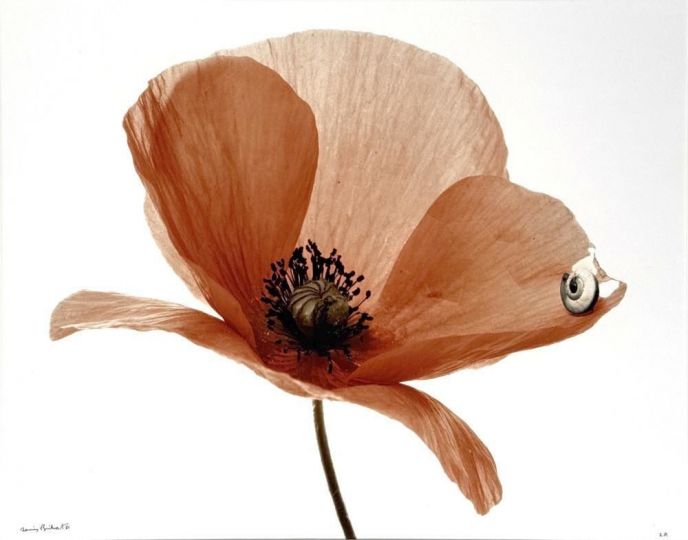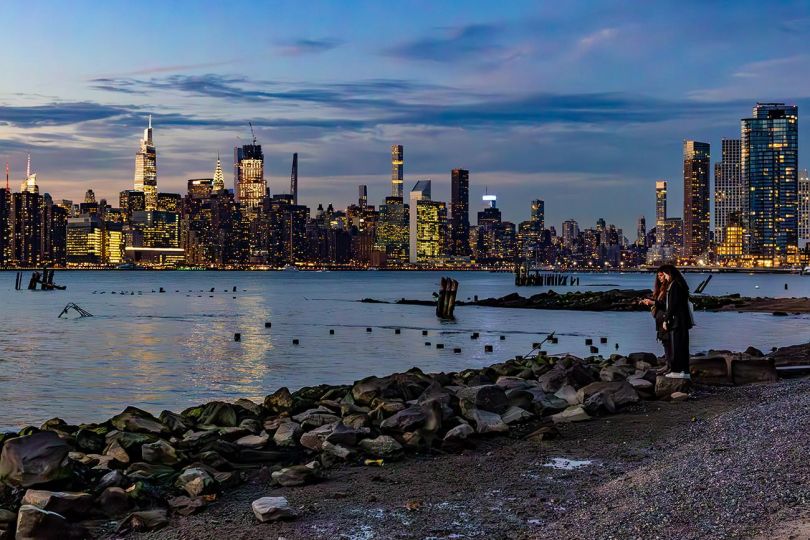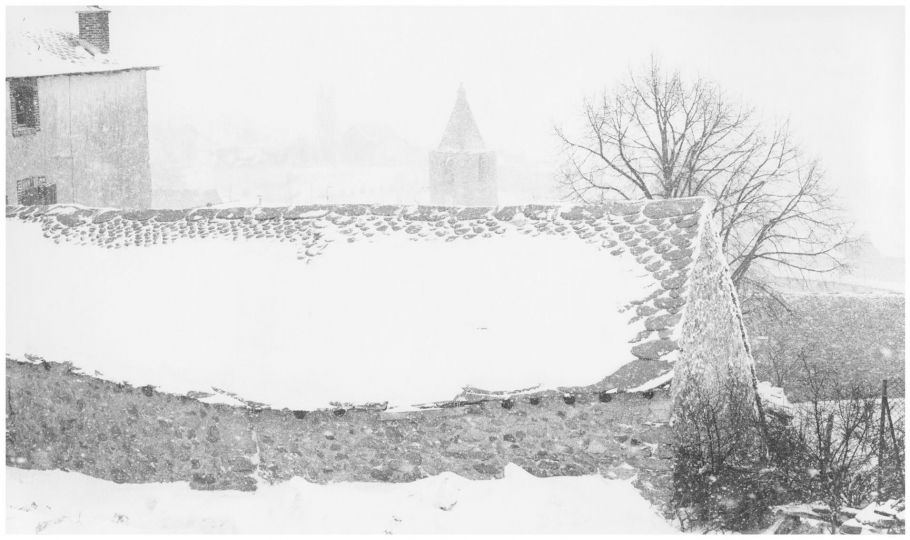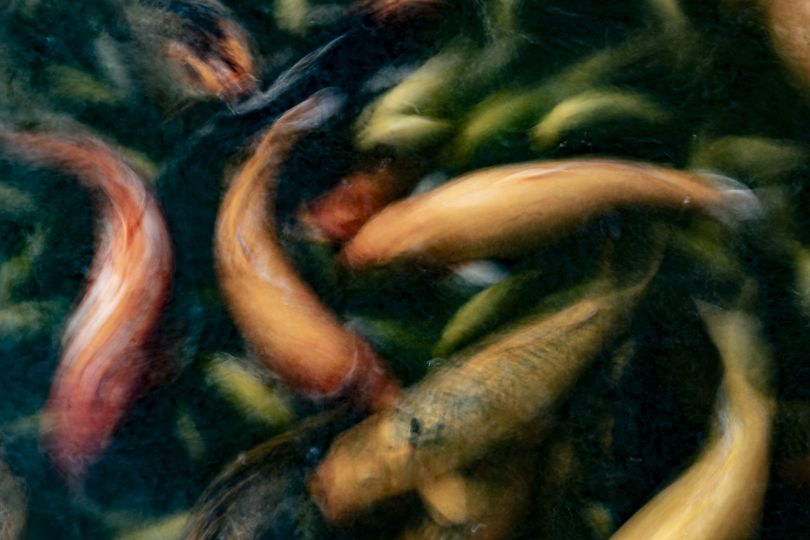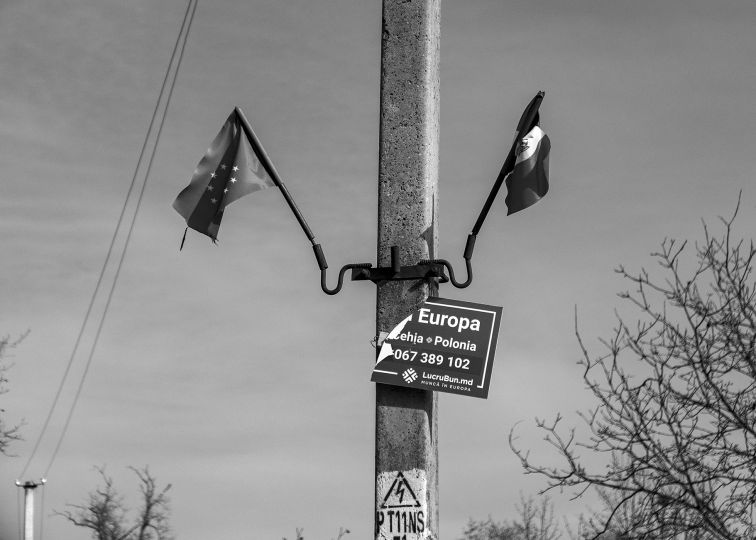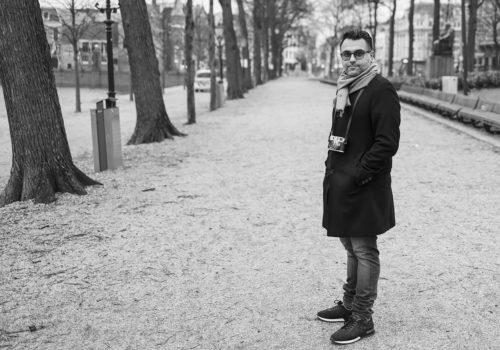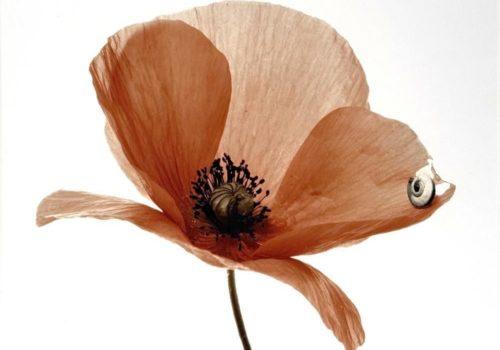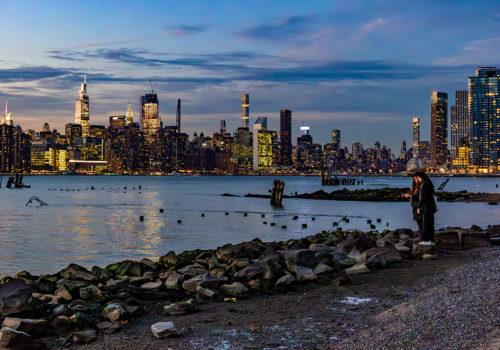Nicaragua, child labor. And yet…
At the end of 2020, I return to Nicaragua, two years after the failed coup by part of the population against the dictator Daniel Ortega, who has clung to power since 2007.
This coup killed more than 500 people, mainly young people. Most of my friends fled to the United States, traumatized and worried about the future of their children.
What about those who stayed behind? What about the daily life of the many children who live in this land of volcanoes?
On the occasion of one of my adventurous wanderings, I came across this sign at the entrance to a vast hangar where large tobacco leaves are drying for the manufacture of cigars: “On this farm, we don’t does not hire minor children”.
It’s funny because when I entered this building, driven by curiosity, it was several young girls of about 11 or 12 years old that I saw very busy hanging tobacco leaves on long wires.
Nicaragua is a Central American country that has suffered many setbacks: civil war started with the Sandinistas, earthquakes, and more recently dictatorship with its share of violence and corruption, poverty of the majority of the population,….
And yet, it is a splendid country where people are happy by nature.
And yet, many children work with their mothers in the markets, sometimes defying boredom.
And yet, the boys help their fathers with fishing, leaving at nightfall on colorful boats in the waves of the Pacific.
Everyone works at their own pace. Many family activities, small shops. Mischievous children sell seeds to feed the pigeons in front of the splendid cathedral of Léon. A kid tidies up the vegetables while his mother dreams on her cell phone, a little girl waits for the customer behind a counter, sipping a juice. A young girl, like an odalisque, offers me the indifference of her superb indigenous profile. A 16-year-old mother helps her mother make tortillas, the national bread, under a corrugated iron shelter. A half-submerged young girl does the laundry in the Isletas of the lake before going to school.
In Nicaragua, many inhabitants are poor and live from small trades. They have suffered great political trauma, a deadly and endless civil war, disastrous earthquakes. Also, most children work to help their families.
Child labor can be detrimental to their health and mental balance and leads to school dropout. And yet,… in Nicaragua I encountered respect from adults, appreciation of effort, participation in family values.

